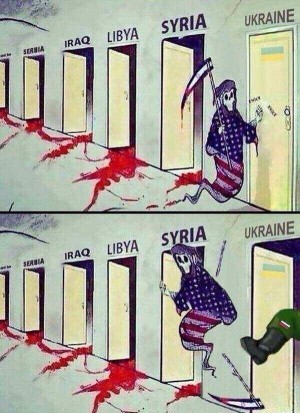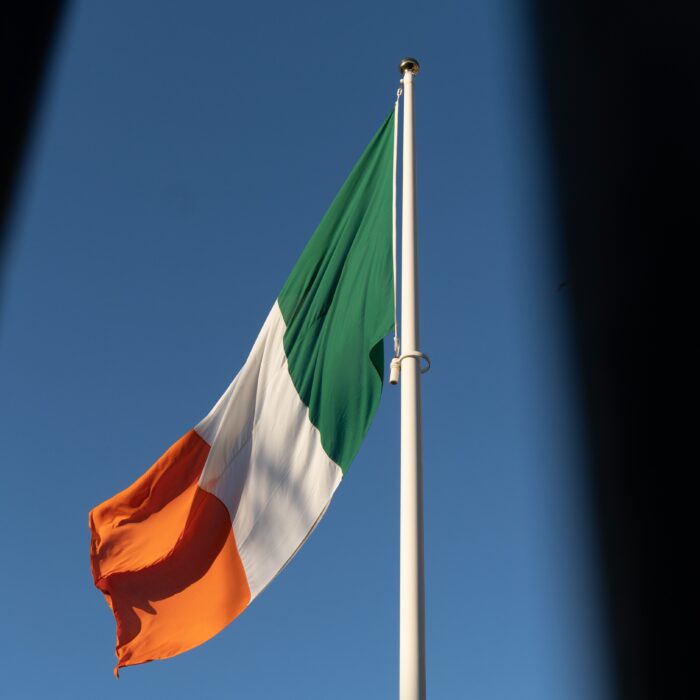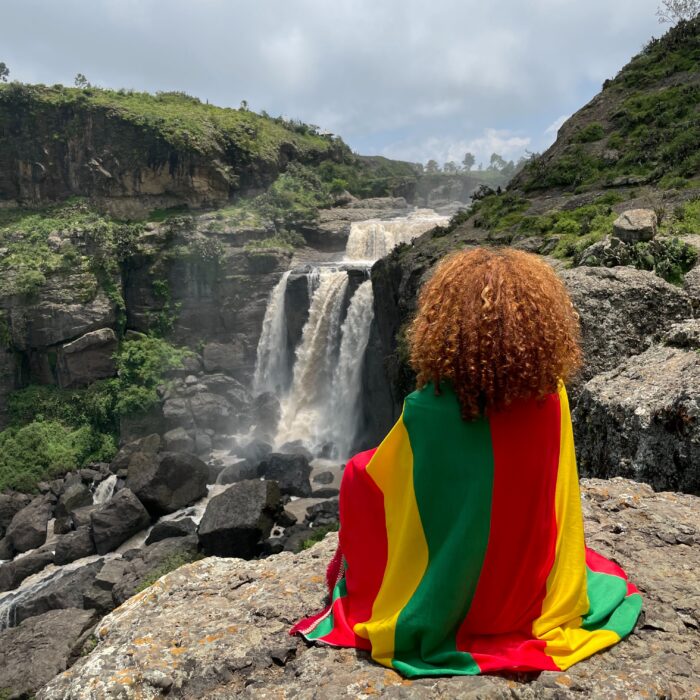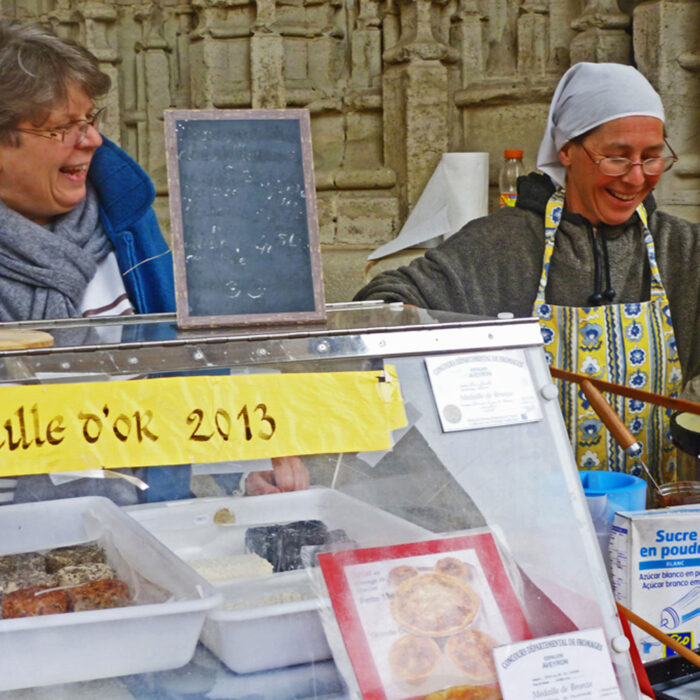You have no items in your cart. Want to get some nice things?
Go shoppingThe word revolution comes from the Latin “revolvo, revolvere”, meaning literally “I roll back”. Word etymologies might appear to embody the backward-rolling motion described, but in fact, it lets us examine how we perceive revolution. While we imagine that revolution brings progressive change and takes us forward, rather than backwards, the recent developments in Ukraine have led politicians, journalists and individuals alike to plunge head first into the past.
From the moment that the Russian parliament approved President Vladimir Putin’s request to use Russian forces in Kiev, Cold War echoes began to resound in the media. Obama was reported using intimidating language, such as that Russia would have to “pay’ for the consequences of its actions. This has set the tone for the way that the situation is being analysed in western media, with careful attention being paid to Russia’s Soviet ambitions. Michael Winiarski, writing for the Swedish national newspaper Dagens Nyheter, writes that,
If Moscow gets away with a military invasion in one of the largest states in Europe, its appetite will grow. Putin’s has never been able to accept the dissolution of the Soviet empire, which he deemed ‘the century’s greatest geo-political disaster. [my translation]
The BBC offers a nuanced breakdown of Russia’s case in Crimea, but it is constructed in the framework of asking whether Crimea creates a precedent for other cities in the Ukraine. This same framework gives the context for Greg Satell’s argument, writing for Forbes Magazine.
President Obama has said that we should no longer view the world through the lens of a Cold War chessboard and he’s right. We have already won nearly all of the squares.
While Satell advocates leaving the Cold War outlook behind, he still views foreign conflicts as an arena for Russia and the West to compete in when he states that America and the West have “won”.
While discerning historical parallels is valuable and necessary for understanding history as well as understanding the present and in turn to inform policy, these parallels must always be put into relation with those factors unique to the present situation. If that does not happen, it is easy to confuse a historical parallel with an inevitable pattern, in the same way that a stock plot has an element of predictability to it. The West’s story reads that they constitute the good guys who fight the bad guys (in this case, arch-nemesis Russia) and help a nation (in this case, Ukraine) to establish itself as a stable democracy.
But as the perspective shifts, the names of the characters change but the plot stays the same. This cartoon has been circulating on social networking sites such as Facebook and Twitter showing Death (the US) knocking on Ukraine’s door with a bloody hatchet, ready to bring destruction.

In this instance, it is Russia who acts the part of the hero, by booting the US out and preventing them from turning Ukraine into a bloodbath. Both the West and Russia project a view of themselves as assisting Ukraine. But can Ukraine accommodate two opposing heroes without getting ripped apart in the process? The BBC has recently reported that the Crimea has announced its intent to return to Russian rule, a statement that has been vigorously countered by the Ukrainian Prime Minister, Rustam Temirgaliev.
By comparison, the recent events in Venezuela have received very little attention. The unrest started in early February when students called for greater security (Venezuela has the fifth highest murder rate in the world) and a more stable economy (in December 2013 inflation stood at 56.2%). Since then, opposition groups have joined the protests and demands now also include the release of detained protestors, disarmament of the colectivos, or collectives and free flow of information. Some protestors are calling for President Nicolas Maduro to resign. In the region of eastern Caracas violent protests are happening nearly every day, with tear gas and burning barricades becoming an everyday phenomenon. Yet no hero has stepped in and few seem eager to write Venezuela’s story.
Why? Is it because Venezuela is farther away, because there is no gas pipe running through it or because there is no one tugging at the other end?
The West is right in condemning Russia for breaching Ukraine’s sovereignty. But we must not get too caught up in the fiction of revolution. Ukraine is unstable and divided and if it is to become independent and united, it is important that it promotes democracy for all Ukrainians. When the new government was installed one of its first moves was to demote Russian from its status as an official language, despite the fact that 17.3% of Ukrainians are native Russian speakers. This action is evident of the type of division that will rip Ukraine apart, and any external body that gets involved in Ukraine must stress the need for unity rather than promote its own interests. It is time to let the Ukraine write its own story and for the rest of the world to assume the role of helpful editors rather than self-interested authors.

About Katarina Nordin
Katarina is half-Swedish, half-German, grew up in NL and now lives on the beautiful, ragged coast of Scotland. She writes a blog about food, which you can find here. Katarina is currently studying for a masters in medieval literature.




